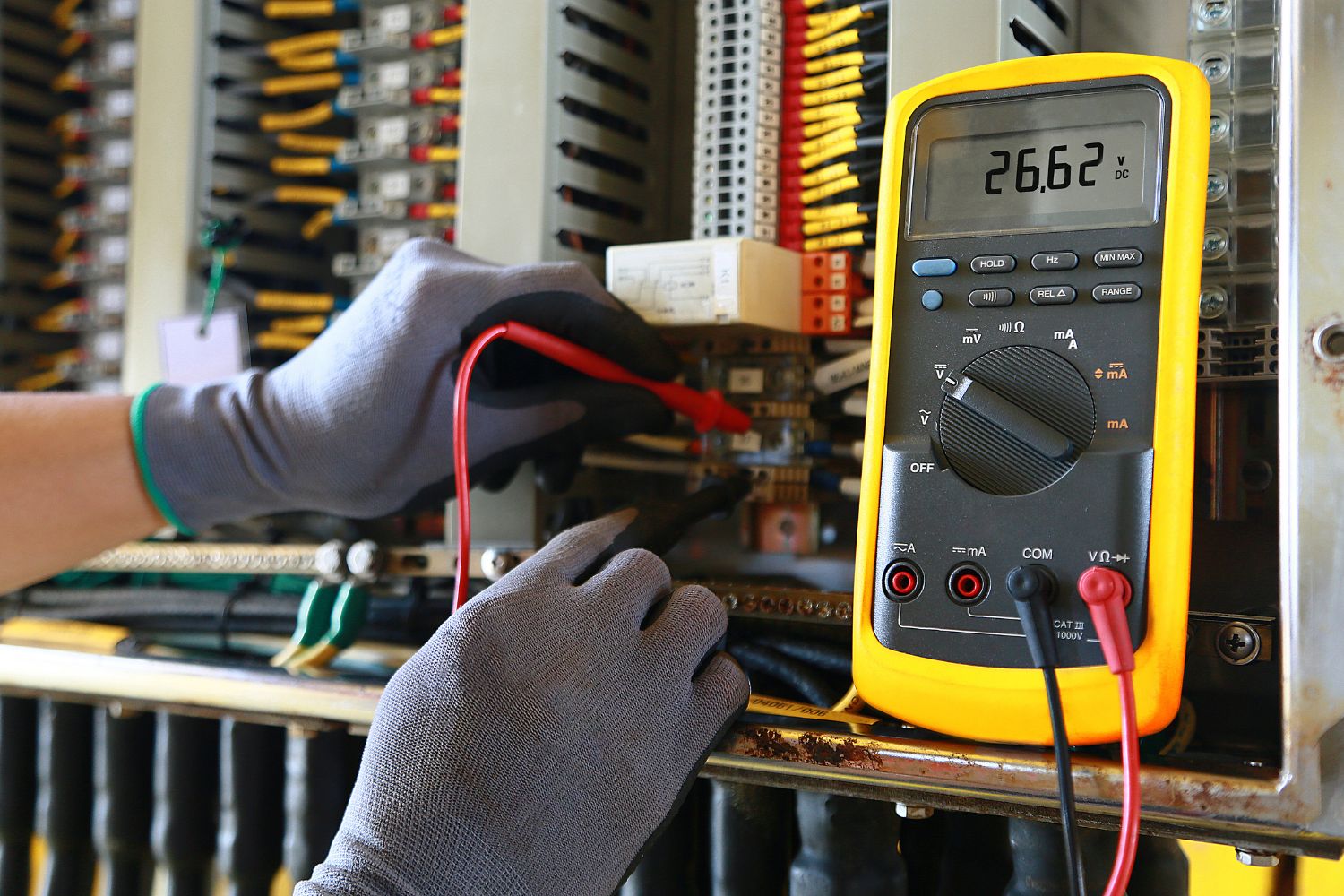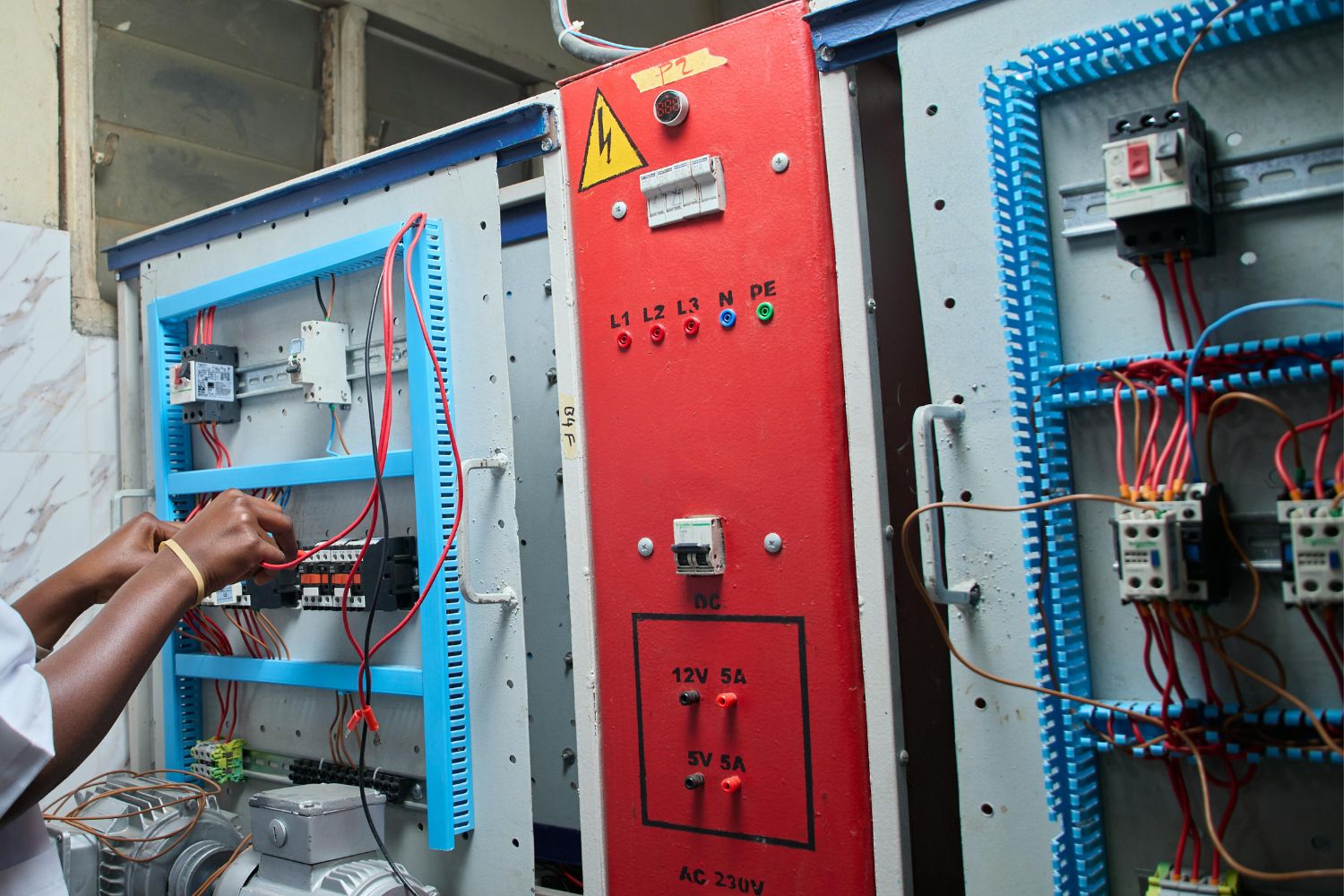- Home
- Articles
- Architectural Portfolio
- Architectral Presentation
- Inspirational Stories
- Architecture News
- Visualization
- BIM Industry
- Facade Design
- Parametric Design
- Career
- Landscape Architecture
- Construction
- Artificial Intelligence
- Sketching
- Design Softwares
- Diagrams
- Writing
- Architectural Tips
- Sustainability
- Courses
- Concept
- Technology
- History & Heritage
- Future of Architecture
- Guides & How-To
- Art & Culture
- Projects
- Interior Design
- Competitions
- Jobs
- Store
- Tools
- More
- Home
- Articles
- Architectural Portfolio
- Architectral Presentation
- Inspirational Stories
- Architecture News
- Visualization
- BIM Industry
- Facade Design
- Parametric Design
- Career
- Landscape Architecture
- Construction
- Artificial Intelligence
- Sketching
- Design Softwares
- Diagrams
- Writing
- Architectural Tips
- Sustainability
- Courses
- Concept
- Technology
- History & Heritage
- Future of Architecture
- Guides & How-To
- Art & Culture
- Projects
- Interior Design
- Competitions
- Jobs
- Store
- Tools
- More
Revolutionizing Electrical Estimating with Drawer AI

In the evolving world of electrical contracting, the demand for faster, more accurate project estimates has never been greater. The Drawer.ai electrical estimating solution stands out as a breakthrough technology that automates traditionally tedious and error-prone tasks in electrical takeoff and bidding. By leveraging artificial intelligence, Drawer.ai not only accelerates the estimating process but also enhances accuracy and consistency, addressing long-standing pain points for electrical subcontractors and estimators.
Table of Contents
ToggleThe Traditional Electrical Estimating Process: Challenges and Approaches
Estimating electrical projects typically begins when contractors receive a Request for Proposal (RFP). For larger contractors, this process often involves invitations from a General Contractor (GC) via calls, emails, or specialized software platforms. Smaller contractors may deal directly with owners, sometimes bypassing formal bidding. Regardless of size, contractors evaluate whether a project aligns strategically with their capacity and goals before assigning estimators.
Electrical estimating is inherently competitive, with a typical 10% bid success rate for larger contractors. This pressure requires estimators to balance speed and detail meticulously. Senior estimators apply the 80/20 rule: focusing initially on the 20% of tasks that generate 80% of the estimate, then refining the remaining 20% to improve accuracy. While the bidding phase is crucial, construction estimates follow awards to validate initial projections.
Estimators work from front-end documentation, technical specifications, and drawings, identifying “means and methods” such as conduit type and device requirements. Site visits are rare for large projects but can be valuable in complex cases, especially to interpret 2D drawings into real-world 3D contexts. Thorough drawings with circuit and panel details reduce assumptions and risk; incomplete information leads to higher contingencies in pricing.

Manual vs. Digital Takeoff: Navigating Accuracy and Efficiency
Manual takeoff processes remain widespread but face significant challenges: slow speed, difficulty reviewing past work, and vulnerability to human error. These issues often force estimators to use “plugs and allowances”—arbitrary buffers to cover unknowns, which compromise estimated precision.
Digital takeoff addresses many inefficiencies by providing detailed measurements, but its extreme precision can create rigidity. Estimators worry about missing subtle field conditions that require judgment calls. Experienced estimators sometimes adjust digital measurements upward to compensate for real-world variables while avoiding overly conservative contingencies that inflate costs.
How Drawer.ai Transforms Electrical Estimating
Drawer.ai harnesses AI to overcome both manual and digital estimating challenges. Users upload vector-based drawings, from which Drawer.ai accurately extracts panel schedules, symbols, and device locations. This intelligent system speeds up takeoffs dramatically: what might take an hour manually can be done in minutes with negligible accuracy loss.
Beyond rapid takeoffs, Drawer.ai shines in branch routing—optimizing cable paths quickly under tight deadlines—and includes Quality Assurance/Quality Control features that highlight unusual elements needing estimator review. It also offers flexibility by allowing users to combine circuits as desired. Although some advanced calculations like voltage drop and wire sizing are less valued by all estimators, Drawer.ai integrates these for those with engineering backgrounds.

Business Impact: Time Savings, Consistency, and Competitive Edge
The biggest advantage of Drawer.ai is its ability to deliver reliable results and freeing senior estimators to focus on strategic pricing and complex decision-making. This consistency reduces risk, allowing more aggressive bids and potentially increasing win rates and profitability. It saves substantial time and avoids early routing confusion and manual errors.
Electrical subcontractors using Drawer.ai gain a competitive edge by improving bid accuracy and timeliness, making them more attractive to General Contractors. Reliable estimates facilitate better project execution and change order management, which translates to greater financial success.
The Future of Electrical Estimating and Industry Insights
The electrical estimating profession remains essential and rewarding, combining technical knowledge with practical insight into construction methods. Advances like Drawer.ai are not replacements for expertise but powerful tools that augment estimator capabilities. Although political and social networks like LinkedIn play a limited role in product engagement, industry-related networking often revolves around social activities such as golf.
Overall, Drawer.ai represents a significant step forward in electrical estimating technology, helping contractors meet the increasing demands for speed and accuracy in today’s complex construction environment.
illustrarch is your daily dose of architecture. Leading community designed for all lovers of illustration and #drawing.
Submit your architectural projects
Follow these steps for submission your project. Submission FormLatest Posts
Top Trends in Residential Concrete Design: From Driveways to Patios
Concrete has come a long way from plain gray slabs. Today’s homeowners...
Motorcycle Accident Lawyer Helping Victims Recover Compensation
Motorcycle vehicles represent 3% of all registered vehicles in the US. In...
UK Carpet Market Shows 7.4 Percentage Point Split Between Premium Growth and Retail Decline
Analysis from Designer Carpet reveals wool flooring commanding half the market as...
Regulatory Expectations for BSL-2 Labs: What to Know Before Renting
Singapore has become a natural base for life sciences activity in Asia,...












Leave a comment